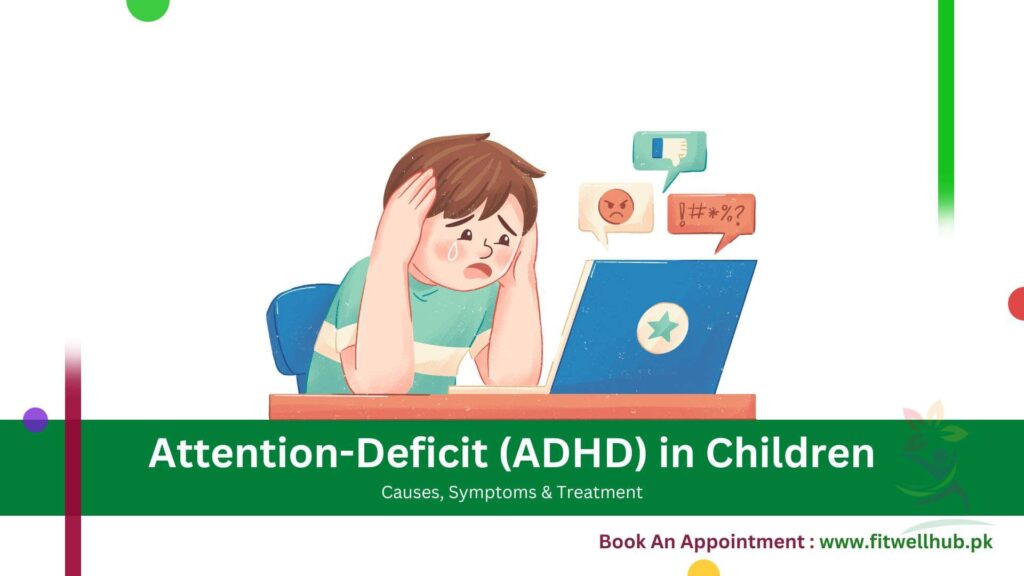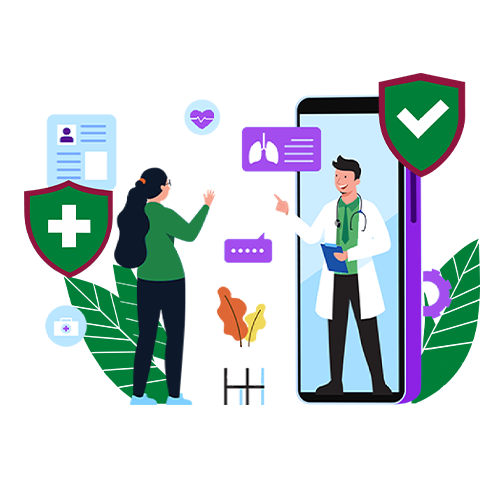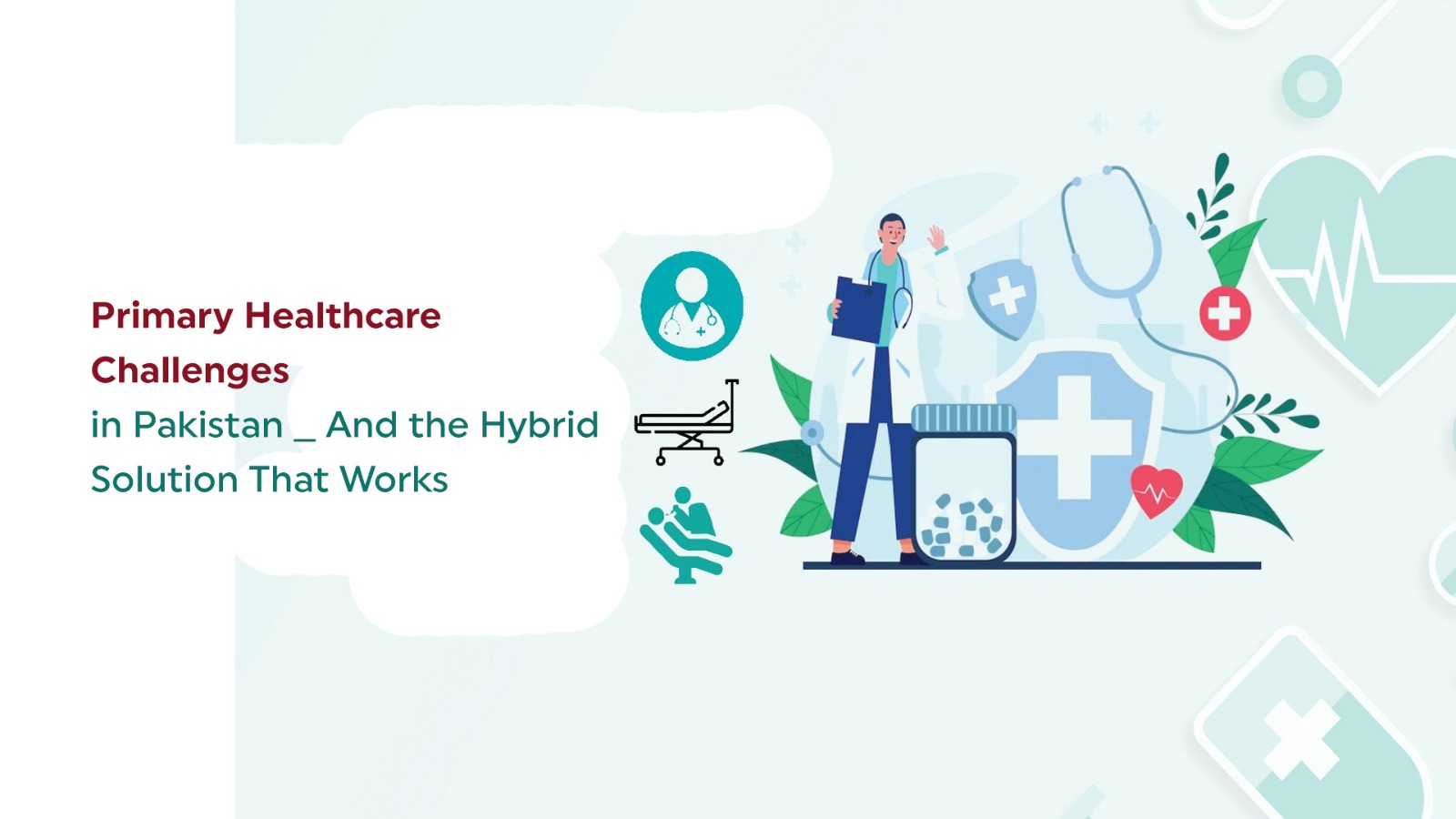Attention-deficit/hyperactivity disorder, or ADHD, is a very common neurodevelopmental defect that affects children and generally continues into adulthood. Children with ADHD may have a problem sustaining attention and exhibiting impulsive behavior and hyperactivity. These behaviors may cause a decrease in their ability to succeed in school, maintain social relationships, and manage daily life activities.
Quick Links
ToggleGenerally, ADHD starts at an early age, and its exact cause is unknown. It is thought to be caused by genetic, environmental, and developmental factors. Early diagnosis and intervention are crucial in managing ADHD effectively. Treatment often includes a combination of behavioral therapies, medications, and support strategies tailored to the child’s specific needs. With the right management, children with ADHD can flourish and lead fulfilling lives.
Learn Also About Adrenoleukodystrophy.
Symptoms
Usually, the symptoms of Attention-Deficit/Hyperactivity Disorder (ADHD) are categorized into two main types: inattention and hyperactivity-impulsivity. Although some children may mainly display one type, many exhibit symptoms of both types.
Inattention
The symptoms of this type are as follows:
- Struggles to maintain focus on tasks or play activities.
- Often interrupted by extraneous stimuli.
- Failure to pay attention to details leads to careless errors.
- Often misplaces items essential for tasks (e.g., school supplies).
- Finds it challenging to follow instructions or complete assignments.
- Does not seem to listen when directly addressed.
- Has trouble organizing tasks and activities.
- Avoids or dislikes tasks that require sustained mental effort.
Hyperactivity-Impulsivity
Children with this type usually present these symptoms:
- Constantly fidgets or squirms when seated.
- Struggles to remain seated in expected situations (e.g., classrooms).
- Runs or climbs inappropriately in certain settings.
- Talks excessively without pause.
- Answers questions before they are fully asked.
- Interrupts or intrudes on conversations or activities of others.
- Has difficulty waiting their turn.
- Appears to be perpetually “on the go,” as if driven by a motor.
When to See a Doctor
It is crucial to seek medical care when your child presents symptoms such as inattention, impulsiveness, or hyperactivity. Early treatment can lead to better recovery results. These symptoms are more serious than usual for their age, and their behaviors disturb family, social, and academic life.
FitwellHub provides consultations with specialized pediatricians and child psychologists and support in ADHD diagnosis and management.
Causes
Some of the main causes of Attention-Deficit/Hyperactivity Disorder (ADHD) are as follows:
- Genetics: ADHD frequently runs in families, indicating a strong genetic component. Studies have shown that if a parent has ADHD, their child is more likely to develop the disorder.
- Brain structure and function: In people with ADHD, variations in the function and structure of the brain have been found. These differences can affect the brain parts responsible for impulse control, attention, and self-regulation.
- Environmental factors: Certain environmental factors, such as alcohol, smoke, tobacco, or medicines during pregnancy, as well as low birth weight and premature birth, can increase the risk of developing ADHD.
- Prenatal and early life complications: Mother’s exposure to stress or toxins during pregnancy, complications during childbirth, and infections in early childhood can increase the chances of developing this disorder.
- Neurochemical imbalance: An imbalanced level of specific neurotransmitters like norepinephrine and dopamine is considered the cause of ADHD symptoms as they affect the brain’s ability to regulate behavior and attention.
Risk Factors
Several factors that can raise the chances of developing ADHD in children are:
- Family history of ADHD: Children with a close relative diagnosed with ADHD are more likely to inherit the condition.
- Premature birth: Being born prematurely or with a low birth weight can increase the risk.
- Prenatal exposure to harmful substances: Alcohol, nicotine, or drug use, during pregnancy can interfere with normal brain development.
- Lead exposure: Studies indicate that a greater risk of developing ADHD is due to exposure to environmental toxins, especially lead, during early childhood.
Complications
Several problems that impact a child’s social, academic, and emotional well-being can arise due to untreated disorders. A few main complications are:
- Poor academic performance: Untreated Attention-Deficit/Hyperactivity Disorder (ADHD) in children usually results in focus problems, difficulty with assignment completion, and trouble following instructions, leading to poor academic performance and grades.
- Social challenges: Difficulty maintaining attention, controlling impulses, and hyperactivity can affect the ability to form and maintain friendships, leading to social isolation or rejection by peers.
- Low self-esteem: Repeated failures in school, social situations, or at home can damage a child’s self-confidence and contribute to low self-esteem.
- Emotional and behavioral issues: Children may experience emotional regulation problems that can lead to frustration, temper tantrums, or even depression and anxiety with the increase in their age.
- Increased risk of accidents: Hyperactivity and impulsivity can result in increased accidents or risky behavior, particularly in older children and adolescents.
With FitwellHub’s diagnostic solutions and access to state-of-the-art Western Standard Healthcare Facilities in Pakistan, families can ensure their child receives an accurate diagnosis and world-class care.
Prevention
Although no absolute method is present that can stop ADHD completely, early diagnosis and treatment can potentially reduce its effect on the life of a child.
1- Prenatal care
Pregnant women should avoid exposure to tobacco, alcohol, and drugs during pregnancy because these substances can affect fetal brain development and increase the risk of ADHD.
2- Regular health check-ups
Routine pediatric appointments can help identify early signs of ADHD. Discuss any concerns about your child’s behavior or development with a healthcare provider.
3- Healthy lifestyle
Encouraging a healthy diet, regular exercise, and structured routines can help reduce ADHD symptoms and improve overall well-being.
4- Early behavioral interventions
As soon as signs of ADHD develop, parents should enroll their children in behavioral therapy programs to assist in controlling the disease and avoid long-lasting complications.
FitwellHub offers support programs for parents and children to help manage ADHD and other behavioral challenges. To explore more, visit our help page.
Diagnosis
Diagnosing ADHD consists of complete assessments such as a medical history review, physical exam, and behavior monitoring with time.
| Assessment Type | Description |
|---|---|
| Physical Exam | Rules out other causes of symptoms, such as hearing, vision, or neurological issues. |
| Behavioral Assessments | Monitors a child’s behavior in different settings, using ADHD rating scales to evaluate severity and frequency of symptoms. |
| Psychological Evaluation | Conducted by a psychiatrist or psychologist to assess coexisting mental health issues like learning disabilities, anxiety, or depression. |
| Teacher and Parent Reports | Collects input from teachers and parents to understand how symptoms affect daily life at school and home. |
FitwellHub provides expert consultations and comprehensive diagnostic services to ensure your child receives an accurate diagnosis and personalized care. FitwellHub guarantees world-class care for your family. Visit our lab to schedule a test.
Treatment
Treatment generally includes therapies like behavioral therapy, lifestyle modifications, and medications, structured to meet the specific needs of each kid.
- Behavioral Therapy: Cognitive-behavioral therapy (CBT) is often the first treatment for children with ADHD, helping them improve social skills, organization, and behavior management.
- Parent Training: Parents can participate in programs to understand ADHD better and implement strategies like setting clear expectations, reinforcing positive behavior, and managing challenges.
- Educational Support: Children with ADHD may need school accommodations such as extra time on tests, seating arrangements to reduce distractions, or individualized education programs (IEP).
Medications
Medication is usually prescribed with treatment to control the symptoms. These are divided into two types: stimulant and non-stimulant. A few medications commonly suggested for ADHD involve:
1- Methylphenidate (Ritalin)
Methylphenidate is a stimulant and recommended as the first-line treatment for ADHD in children that helps improve concentration, reduce impulsive behavior, and manage hyperactivity.
2- Amphetamines (Adderall)
This is also stimulant medication that enhances the child’s focus and behavior control. It is mostly effective but sometimes has side effects such as insomnia or appetite suppression.
3- Atomoxetine (Strattera)
It is a non-stimulant and a better choice if a child can’t tolerate stimulants, assists in regulating the brain’s neurotransmitters, decreases impulsivity, and improves attention.
FitwellHub’s pharmacy provides access to ADHD medications with expert guidance to help you choose the right treatment for your child. To place an order, visit our pharmacy.
Frequently Asked Questions (FAQ’s)
ADHD normally affects attention, impulse control, and hyperactivity and leads to disruption in academic, social, and daily life activities.
Children with Attention-Deficit/Hyperactivity Disorder (ADHD) may show inattention (difficulty focusing, forgetfulness) and hyperactivity-impulsivity (excessive talking, fidgeting, or interrupting).
Treatment of ADHD includes educational support, behavioral therapy, lifestyle changes, and medication such as methylphenidate or atomoxetine.
Use structured routines, break tasks into smaller steps, and provide clear instructions with positive reinforcement for accomplishments.
To manage hyperactive behaviors in a child, employ behavioral therapy, establish structured routines, and engage him in physical activities.
ADHD cannot be cured but can be managed effectively with therapies, medications, and support strategies.
Yes, Attention-Deficit/Hyperactivity Disorder (ADHD) is a neurodevelopmental disorder that impacts brain function related to attention, behavior, and self-regulation.














